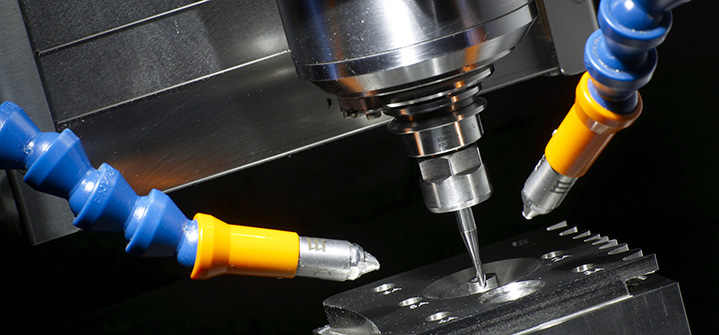In the realm of modern manufacturing, precision is paramount, and one technique that stands out for its precision and versatility is extrusion. Extrusion is a manufacturing process that involves shaping materials by forcing them through a die, creating uniform cross-sectional profiles. This method has proven to be a game-changer across various industries, offering unparalleled advantages in terms of efficiency, cost-effectiveness, and design flexibility.
At the heart of extrusion lies the ability to produce intricate and precisely crafted components known as extrusion profiles. These profiles, often made from materials like aluminum, plastic, or rubber, play a pivotal role in the production of a wide array of products, ranging from simple household items to complex industrial components.
One of the key benefits of extrusion is its ability to create profiles with consistent dimensions. This consistency is achieved through the precise control of the extrusion process, ensuring that each component meets the exact specifications required. Whether it’s a customised aluminum beam for a construction project or a specialised plastic profile for automotive applications, extrusion delivers the accuracy demanded by modern manufacturing standards.
The versatility of extrusion is exemplified by the diverse range of materials it can handle. Aluminum extrusion profiles, for instance, are widely used in construction, transportation, and electronics due to their lightweight yet robust nature. Plastic extrusion profiles, on the other hand, find applications in industries such as packaging, healthcare, and consumer goods, showcasing the adaptability of extrusion in meeting different manufacturing needs.
Furthermore, the extrusion process allows for intricate designs and complex cross-sectional shapes that might be challenging or cost-prohibitive to achieve through other manufacturing methods. The ability to create customised extrusion profiles empowers designers and engineers to push the boundaries of innovation, bringing unique and efficient solutions to the market.
In addition to precision and versatility, extrusion also offers cost-effectiveness in large-scale production. The continuous nature of the extrusion process allows for the rapid production of long lengths of profiles, minimising material waste and reducing overall production costs. This efficiency makes extrusion an attractive choice for manufacturers looking to optimise their processes without compromising on quality.
Another noteworthy aspect of extrusion is its sustainability. Many extruded materials, such as aluminum, are highly recyclable, contributing to eco-friendly manufacturing practices. As environmental concerns become increasingly prominent, the use of sustainable materials and processes like extrusion positions manufacturers at the forefront of responsible and conscientious production.
Conclusion
Extrusion stands as a cornerstone of precision manufacturing, unleashing its power through the creation of versatile and precisely crafted extrusion profiles. The ability to maintain consistent dimensions, work with various materials, and accommodate intricate designs makes extrusion a go-to method for industries seeking efficiency and innovation. From the construction site to the assembly line, extrusion excellence continues to shape the future of manufacturing, proving that precision is not just a requirement but a guarantee.






